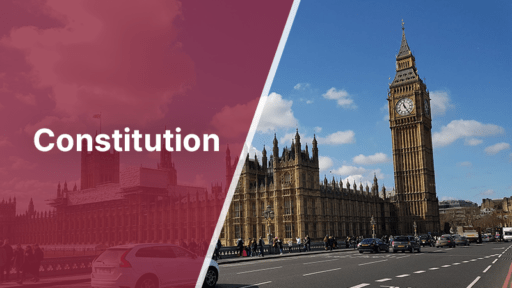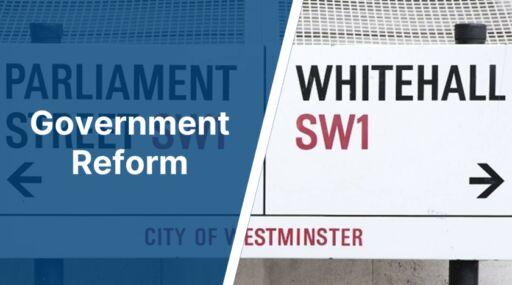POLICY PLEDGES:
- We support segregation by sex in many settings, from schools to hospital wards, leisure centres to prisons. Single sex sports and associations provide safety, fairness and dignity for women and girls. We will ensure the law is fully respected by public sector, businesses and third sector organisations.
- We will remove the confusing fiction of ‘legal sex’ from the Gender Recognition Act, retaining a process to support people with dysphoria and to help ensure they will be treated with humanity in their daily lives.
- We will conduct a rapid review into the governance failings that permitted unlawful practices around gender identity to become embedded across our institutions and implement training on the findings.
- Healthcare is still failing patients distressed by their own sex. The NHS will properly resource psychotherapy in both CAMHS and adult care, helping patients accept themselves and prohibiting harmful drugs or surgeries for those under 18 years of age. The NHS will extend holistic care to patients who choose to ‘de-transition’.
- We will bring back normal language about sex, men and women, in education, policing, criminal justice, health and reproductive care, and will end taxpayer funding of third parties who spread misinformation about sex.
- We will prioritise biological sex over gender identity in data gathering and keep them distinct in national and local authority data such as crime statistics, employment and pay data, poverty metrics and health research.
































